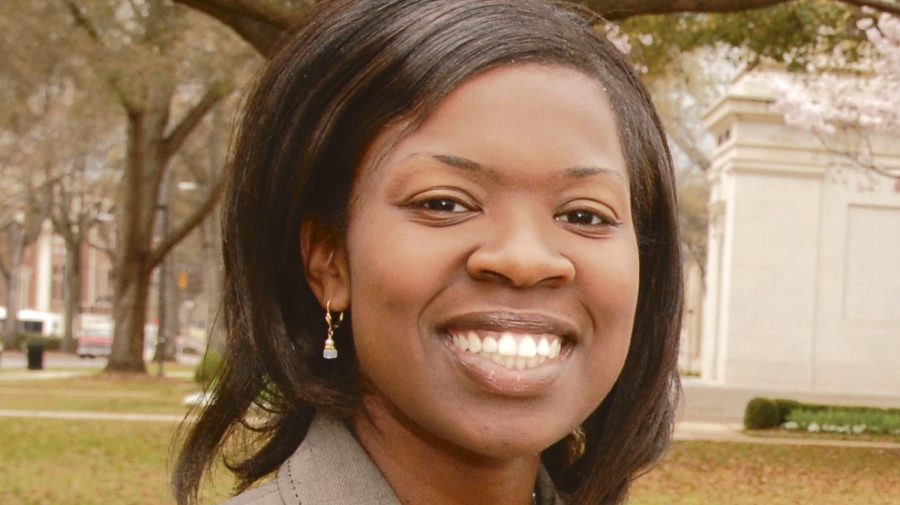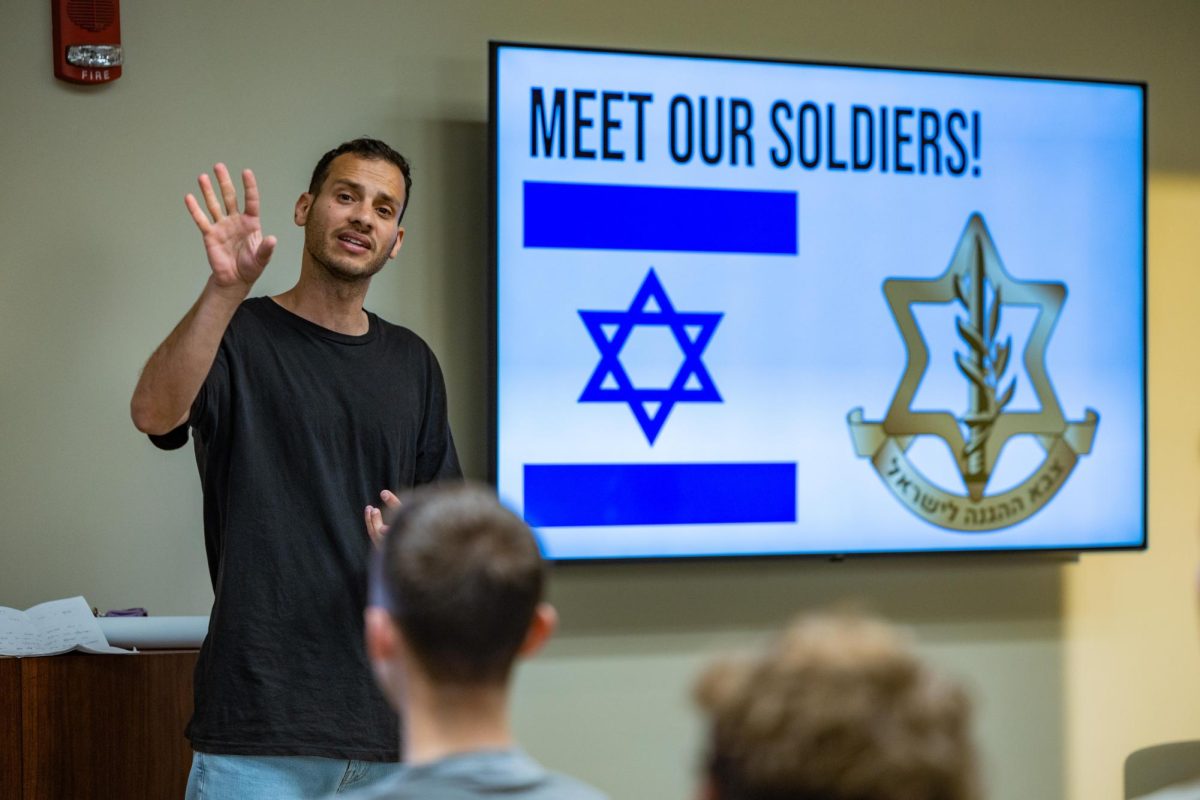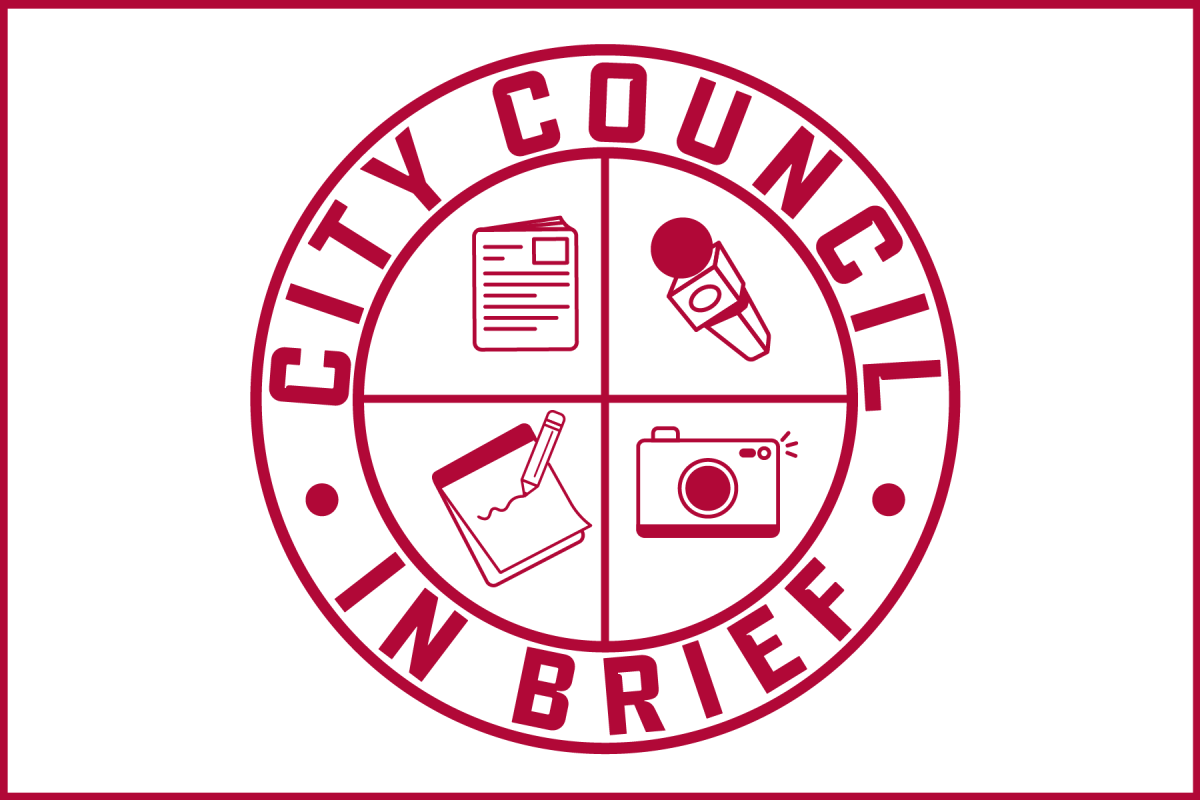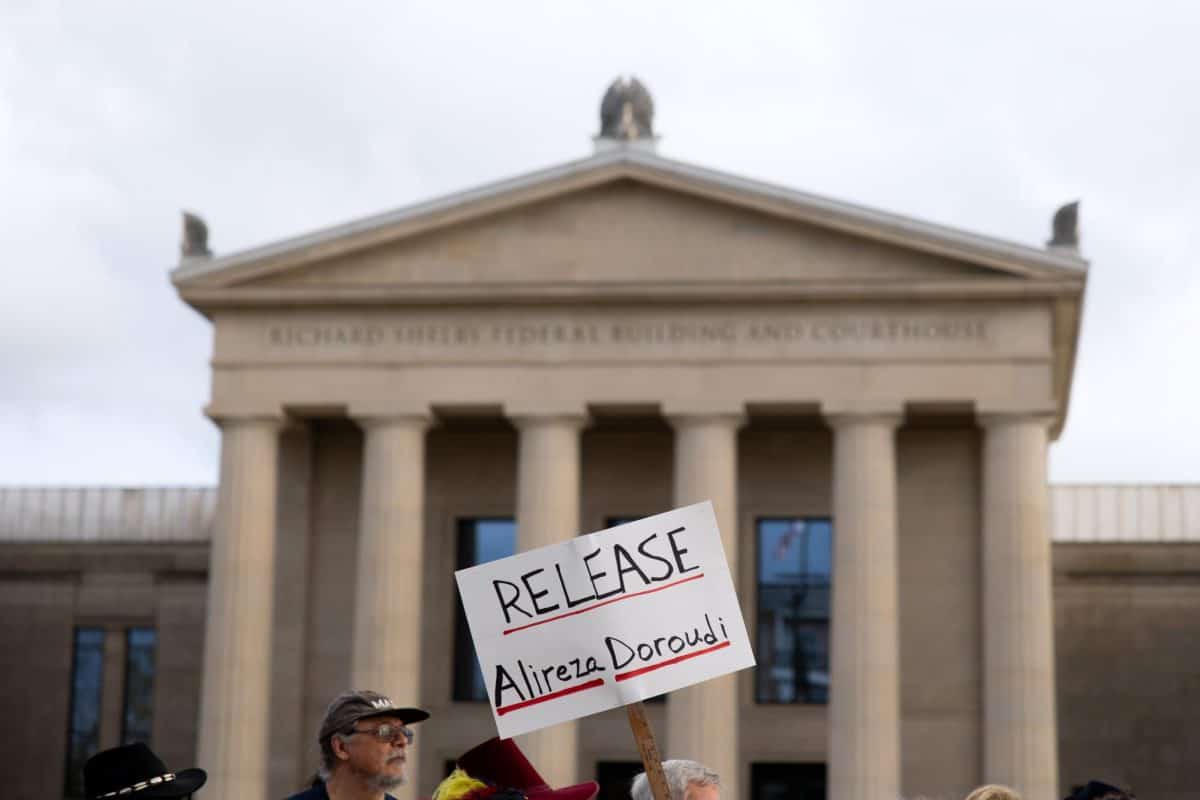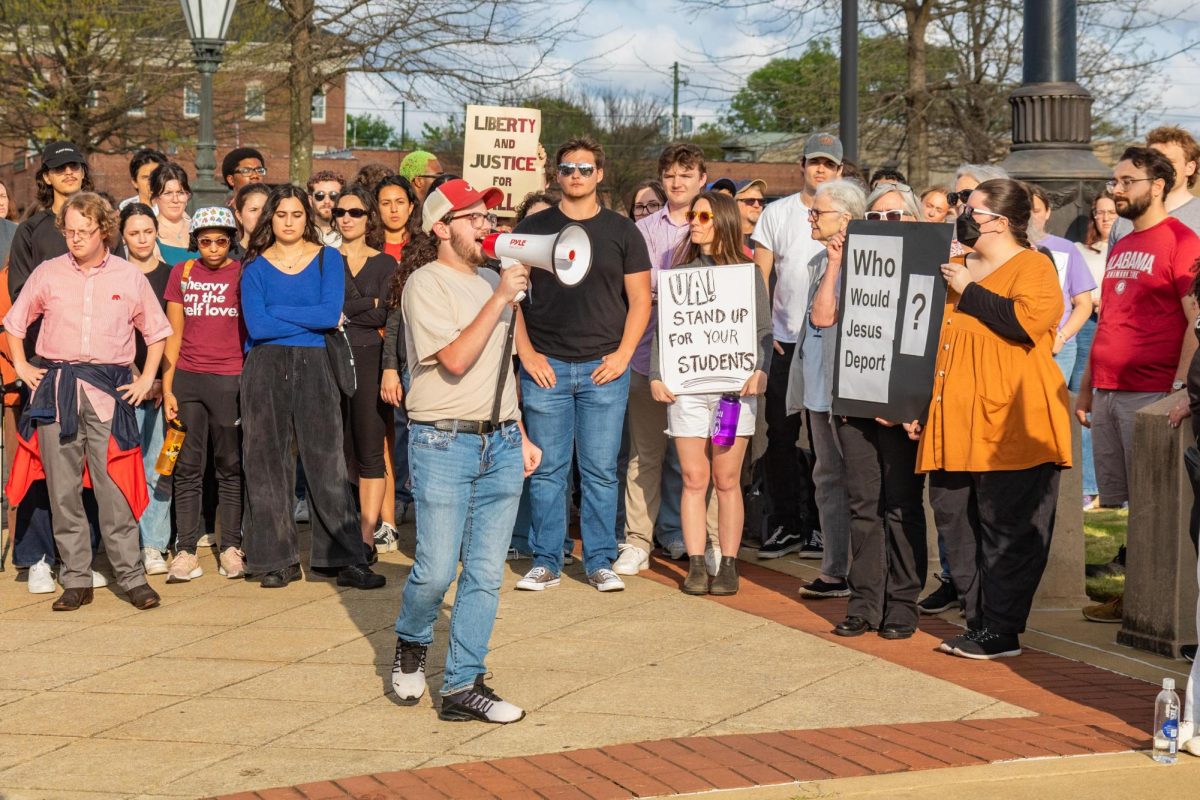The University of Alabama once again led the nation with the most students named in a single year to the USA Today’s All-USA College Academic Team with a record 10 University students on this year’s team, according to an UA news release.
Judges selected team members by considering grades, leadership activities and how students extend their intellectual talents beyond the classroom, USA Today stated.
Alan Blinder, a junior majoring in journalism and political science; Connor Johnson, a senior majoring in biology; Kendra Key, a May 2010 political science graduate and Dana Lewis, a May 2010 public relations and political science graduate, were named to the second team.
Joy Driver Aldridge, a May 2010 chemical and biological engineering graduate; Richard Cockrum, a senior majoring in biochemistry; Susan DeLeon, a May 2010 biology graduate and Amy Frees, a May 2010 chemical engineering graduate, were named to the third team.
Kalen Berry, a biology major, and Rebecca Long, a chemistry major, were May 2010 graduates, and they received honorable mention.
The subjects the team researched covered a broad spectrum of biological findings.
For instance, DeLeon researched Parkinson’s disease, and the experience has been life changing, she said.
“It was so rewarding seeing my success validating Parkinson’s disease and being given the chance to put the name out there,” she said. “The compliments that I have received from different researchers and families of Parkinson’s disease have been overwhelming and truly humbling.”
After doing atmospheric research, Driver Aldridge said the honor of being named to the team is something she’ll remember for a long time.
“It feels so rewarding to know that all of my work has paid off,” she said. “It’s a great feeling to look back and know my efforts have made an impact on someone else, and I am excited to see that the importance of environmental issues is being recognized.
“My college work experiences have taught me so much in the past five years, and I have had so many wonderful and unique experiences. Not many people can say that they had the chance to live in Hawaii and work at an atmospheric observatory on a volcano,” she added.
Other students said the experience affected them in number of ways.
“As canned as this will sound, the best part of the award is that pediatric stroke got a mention in one of the nation’s most widely-read newspapers,” said Blinder, who researched pediatric stroke.
By researching this topic, he said, he hopes children will reap benefits.
“Every time we put the term ‘pediatric stroke’ in front of someone, there is a better chance of a child benefiting somewhere down the road,” Blinder said.



